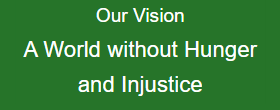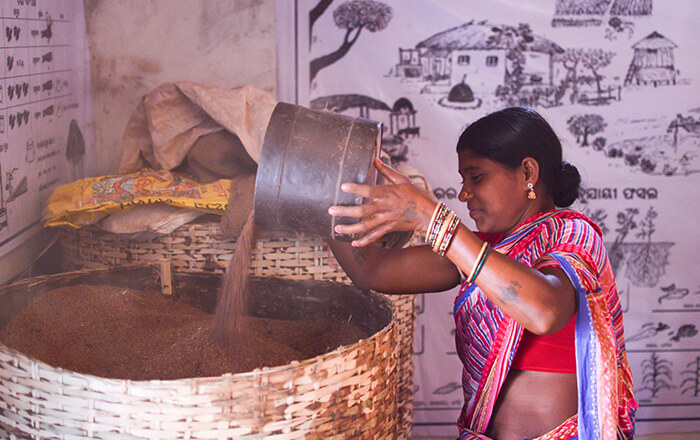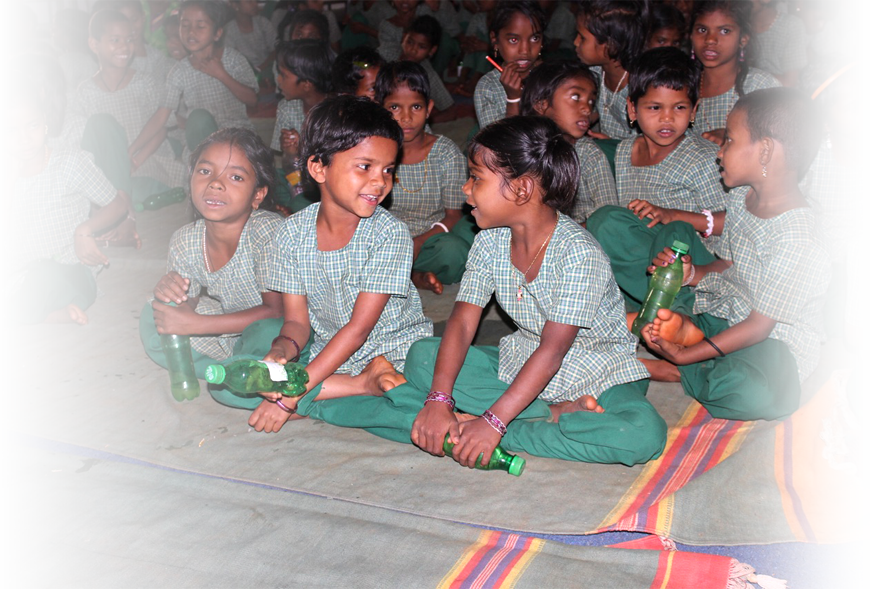Our Journey
Agragamee began work in 1981 seeking to understand the paradox of poverty and hunger in a land of abundance. The challenges were immense. There were few roads to reach the villages, hunger and epidemics were inherent part of the yearly cycle, a small community of contractors and landlords reigned supreme, and there was little or no respect for the law. Our work began with discussions and dialogues with the people, community leaders, elected representatives and Government functionaries. This helped us understand the complex multi-layered systems of exploitation and coercion that people suffered. It also opened up the doors of perception to local community members to concepts of justice, equality, human rights, freedom and began a process of empowerment.
Our efforts, initially focused on helping village communities take water for irrigation to their villages, and then went on to helping hapless tribals get out of the inhuman bondage by facilitating their rehabilitation, and helping tribal children access primary education through village schools. engendered a multi-layered learning, and the magic of food and voice began to take shape. Tribal women, who would melt into the hills when they sensed the presence of an outsider were the most forthcoming. As they realised that the law gave them equal rights, they fought against discrimination at home, and also demanded socio-economic rights.
Their leadership helped the entire community usher in fair Non-timber forest produce policy, break the monopoly of contractors in Government works in the villages, and bring in transparency and accountability within the administration and PR Leaders. Seeing the legitimacy of their struggles, the men willingly joined in.
Agragamee had to face several challenges, as landlords, and contractors did not see eye to eye with much of what we said and did. Several false litigations, and even violent attacks upon the team followed. Several workers not able to face the conflict left, and our time and resources were consumed in fighting litigation against us and the brave tribal women and men, who were demanding rights and justice
Agragamee received support from several of its friends and well-wishers in all this, and persevered. We were advised to leave or change our position from human rights activists to negotiators. However, Agragamee persevered in its support for rights and justice to some of the most downtrodden, and poverty stricken people of the country, with full local community support and together we have managed to begin a process of change.
Now, tribal women are members in state counsels, tribal youth have joined hands, and have begun a network for a collective voice. The state has recognised these efforts, and has taken several steps to correct the years of injustices. The road is still uphill, as the leaders have to work hard to keep the small spaces they have gained against huge odds like poor education, a delicate and easily degraded resource base, an apathetic administration that has to be pushed at each and every step.
We invite all concerned to extend support to the brave women and men struggling for a just and equitable world, for tribal knowledge systems are sustainable knowledge systems that can save our planet from unsustainable consumption, and the looming hydra of climate change.










